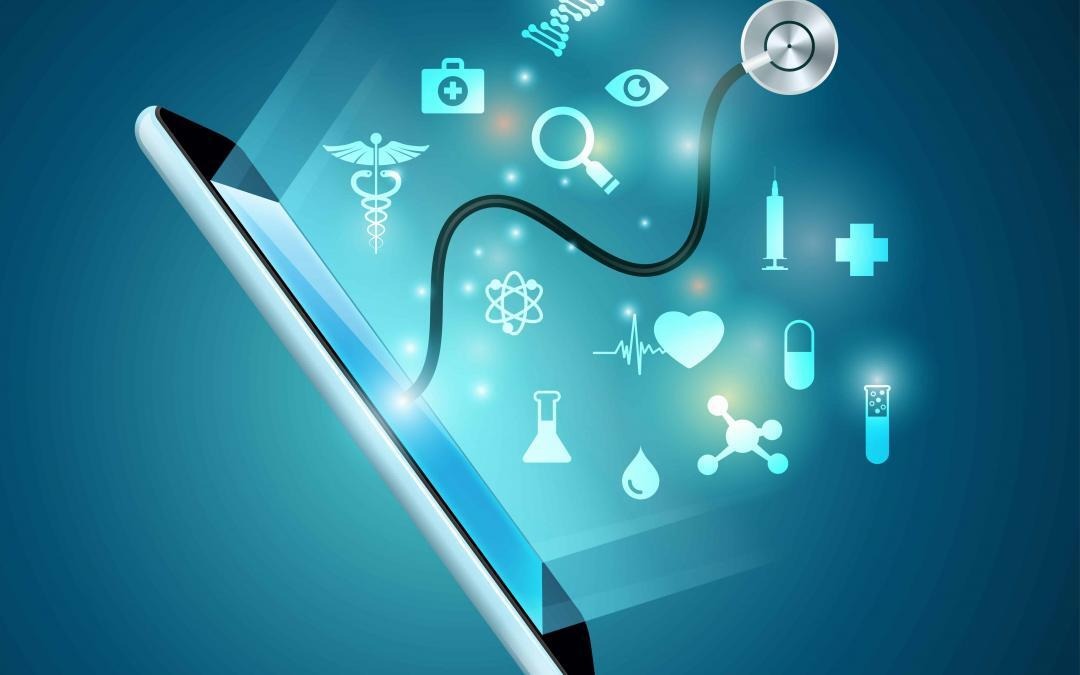Software has become integral to personalized healthcare, transforming how medical professionals diagnose and treat patients. This article explores the current applications and future prospects of software in personalized healthcare.
Current Applications
Electronic Health Records (EHRs)
Electronic Health Records have revolutionized healthcare by providing a digital platform to store and access patient data. EHRs enable healthcare providers to make informed decisions, streamline administrative tasks, and enhance patient care.
Telemedicine and Remote Monitoring
Software-driven telemedicine platforms enable remote consultations between patients and healthcare providers. Additionally, wearable devices and mobile apps allow for continuous health monitoring, providing valuable data for personalized treatment plans.
Clinical Decision Support Systems
Clinical decision support systems use software algorithms to assist healthcare professionals in diagnosing and treating patients. These systems analyze patient data to provide evidence-based recommendations, improving the accuracy and effectiveness of medical decisions.
Future Prospects
Precision Medicine
The future of personalized healthcare lies in precision medicine, where treatment plans are tailored to an individual’s genetic makeup, lifestyle, and unique health data. Software plays a pivotal role in analyzing complex genetic information and identifying personalized treatment options.
Artificial Intelligence in Healthcare
Artificial Intelligence (AI) is poised to revolutionize healthcare. Machine learning algorithms can analyze vast amounts of patient data to predict disease risk, recommend treatment plans, and even assist in drug discovery.
Data Security and Privacy
As personalized healthcare relies on sensitive patient data, ensuring robust data security and privacy measures is paramount. Blockchain technology is emerging as a solution to secure and share patient data securely and transparently.
Ethical Considerations
The use of software in personalized healthcare raises ethical concerns regarding data privacy, consent, and bias in algorithms. Striking a balance between utilizing technology for improved healthcare outcomes and protecting patient rights is a complex challenge.
The Future of Healthcare
Software-driven personalized healthcare is transforming the medical field, offering more precise diagnoses, targeted treatments, and improved patient outcomes. As technology continues to advance, the healthcare industry must embrace innovation while upholding ethical standards.
Conclusion
Software has become an indispensable tool in the realm of personalized healthcare, enhancing diagnostics, treatment, and patient engagement. As we look to the future, software-driven precision medicine and artificial intelligence will further revolutionize healthcare, creating a more personalized and effective approach to medicine.

